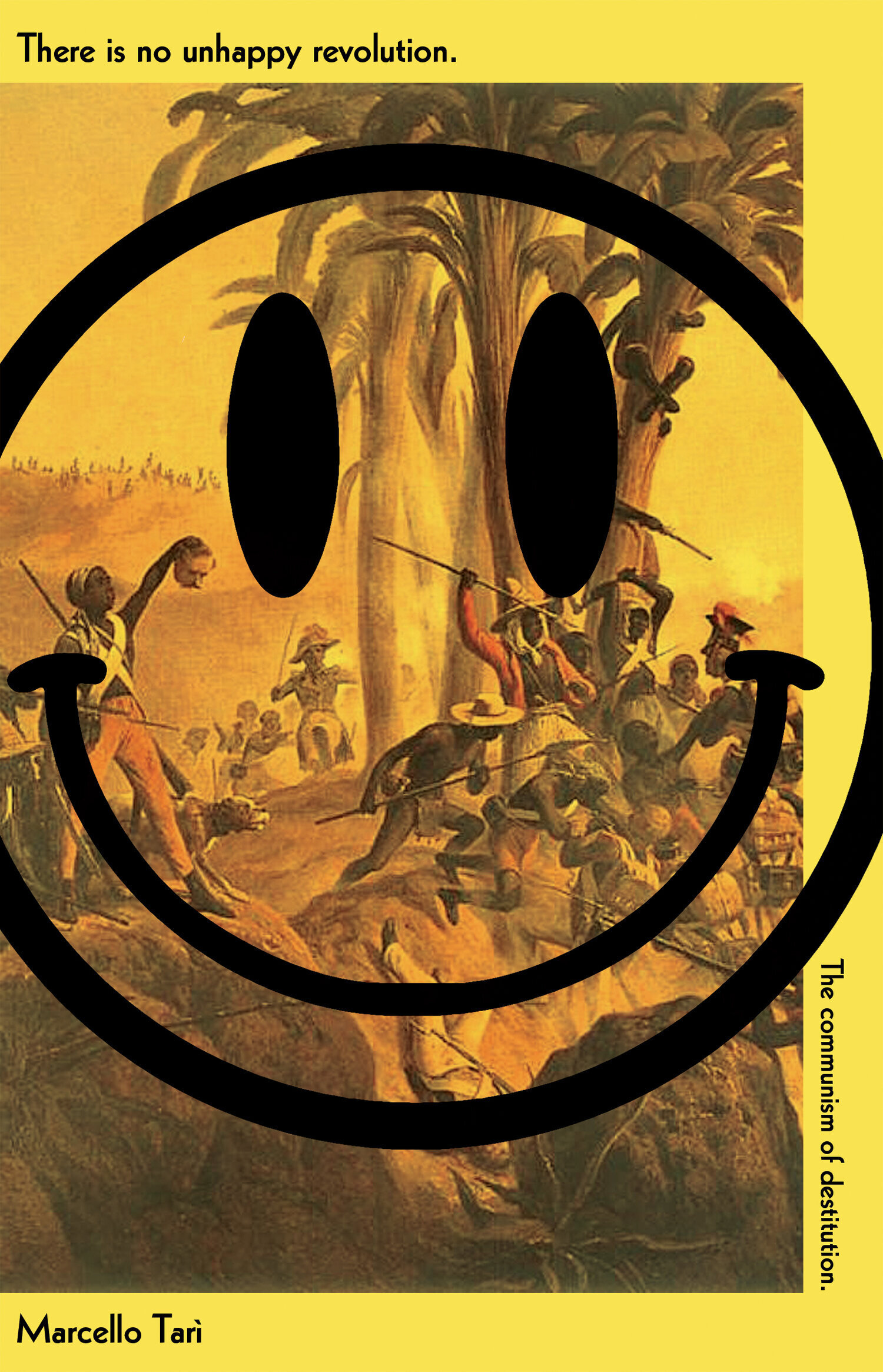Colors of the Cage: A Memoir of an Indian Prison
Arun Ferreira
Introduction by Siddhartha Deb
Foreword by Naresh Fernandes
“This country needs many more books like this one.”—Arundhati Roy, author of Walking with the Comrades and The God of Small Things
A powerful eyewitness account of life in an Indian prison shows how abolition is necessary to achieve a democratic transformation of society.
In May 2007, Arun Ferreira, a democratic rights activist, was picked up at a railway station in western India, detained by the court, and condemned to prison for an expanding list of crimes: criminal conspiracy, murder, possession of arms, and rioting, among others added during his detention.
In one of the most notorious prisons in India, Arun Ferreira was constantly abused and tortured. Over the next several years, each of the ten cases slapped against him fell apart. At long last, Ferreira was acquitted of all charges. As he exited the prison, moments away from freedom, he was rearrested by plainclothes police. He never got to glimpse his family waiting for him just outside the prison gates.
In stark and riveting detail, Ferreira recounts the horrors he faced in prison—torture, beatings, the general air of hopelessness—and the small consolations that kept hope alive—strikes and solidarity among inmates. His memoir is a timely reminder that across the globe policing and incarceration are institutions in desperate need of being dismantled.
Product Details
Author: Arun Ferreira
Publisher: Common Notions
ISBN: 978-1942173137 (print)
ISBN: 9781942173410 (eBook)
Published: February 2021
Format: Paperback
Size: 5.5 x 8.5
Page count: 176
Subjects: Abolition / Memoir / India
ABOUT THE AUTHOR
Arun Ferreira is an Indian political activist based in Mumbai. In 2007, he was branded as the leader of the propaganda and communications wing of the banned Communist Party of India (Maoist). He was acquitted of all charges in 2014 only to be rearrested in 2018 on charges of sedition. He is currently facing a host of charges, including sedition.
ADVANCE PRAISE
“Arun Ferreira gives us a clear-eyed, unsentimental account of custodial torture, years of imprisonment on false cases, and the flagrant violation of procedure that passes as the rule of law. His experience is shared by tens of thousands of our fellow countrymen and women, most of whom do not have access to lawyers or legal aid. This country needs many more books like this one.”—Arundhati Roy, author of Walking with the Comrades and The God of Small Things
“Colors of the Cage is indispensable for anyone interested in understanding the failures of India’s criminal justice system. Arun Ferreira’s first-hand testimony makes apparent the arbitrary and pernicious nature of the procedures governing the lives of political prisoners often subject to especially unlawful practices. Ferreira conveys with particular force the devastating effects of incarceration on families torn apart and abandoned to an uncertain future. His account of the ruinous effects of post-9/11 anti-terror laws is instructive and applies far beyond the Indian context.”—Nermeen Shaikh, Cohost of Democracy Now! and author of The Present as History: Critical Perspectives on Global Power
“In this chilling account of the uses and abuses of the law by agencies of the state, Arun Ferreira describes the harrowing treatment faced by political prisoners in an Indian prison today. Alongside, he provides a deeply moving story of the bonds of solidarity that develop between prisoners from widely separated groups and social strata. This is a very different Discovery of India that demands our attention.”—Partha Chatterjee, author of The Black Hole of Empire: History of a Global Practice of Power and I Am the People: Reflections on Popular Sovereignty Today
“While the rightward-plummeting Indian state uses harsh incarceration and charges of ‘anti-national’ to demonize minorities and silence any critics, social justice and human rights activists, journalists, or intellectuals who dare to challenge the cruelly iniquitous realities behind its development propaganda or contradict a brazenly dishonest partisan news media, new waves of resistance rise against India’s ever more openly triumphalist ethnonationalist-majoritarian violence, both physical and administrative. Anyone aware or affected should get the chance to hear from courageous people like Arun Ferreira; his stunning memoir reveals the poignant human texture as well as the political implications of his prison experience. The need for such bearing of witness has only grown more timely. For readers in the West concerned about the rise of global fascism, and especially young readers in the South Asian diaspora seeking connections between their political/cultural contexts, accounts such as this one are crucial.”—Maia Ramnath, author of The Haj to Utopia: How the Ghadar Movement Charted Global Radicalism and Attempted to Overthrow the British Empire and Decolonizing Anarchism: An Antiauthoritarian History of India's Liberation Struggle




